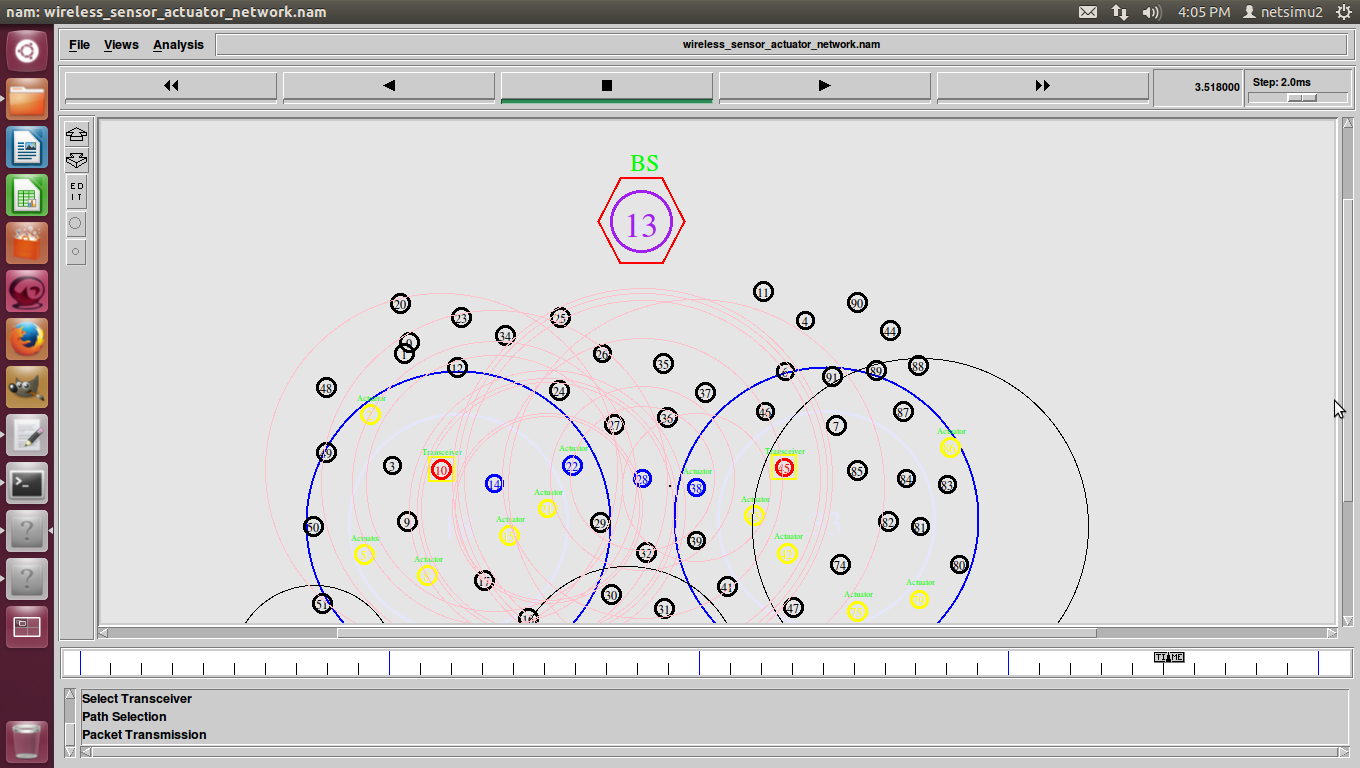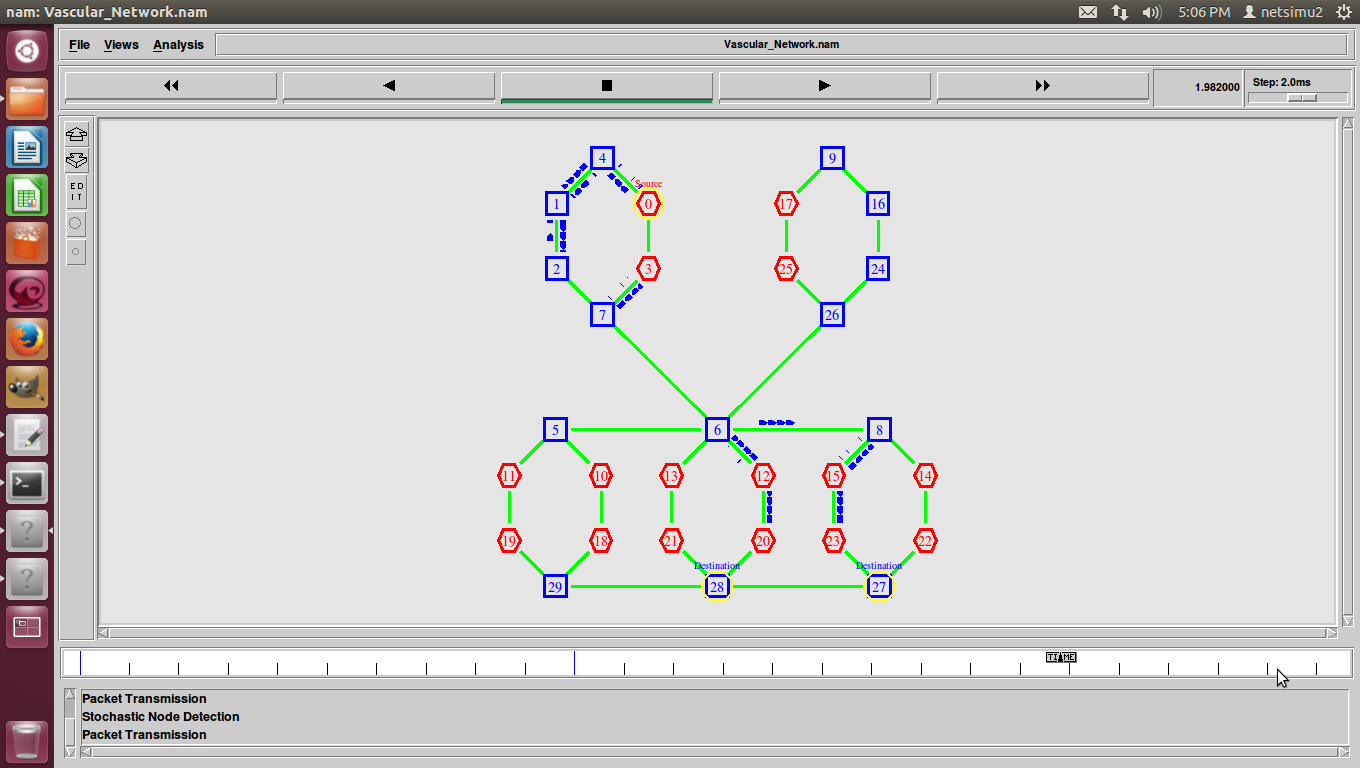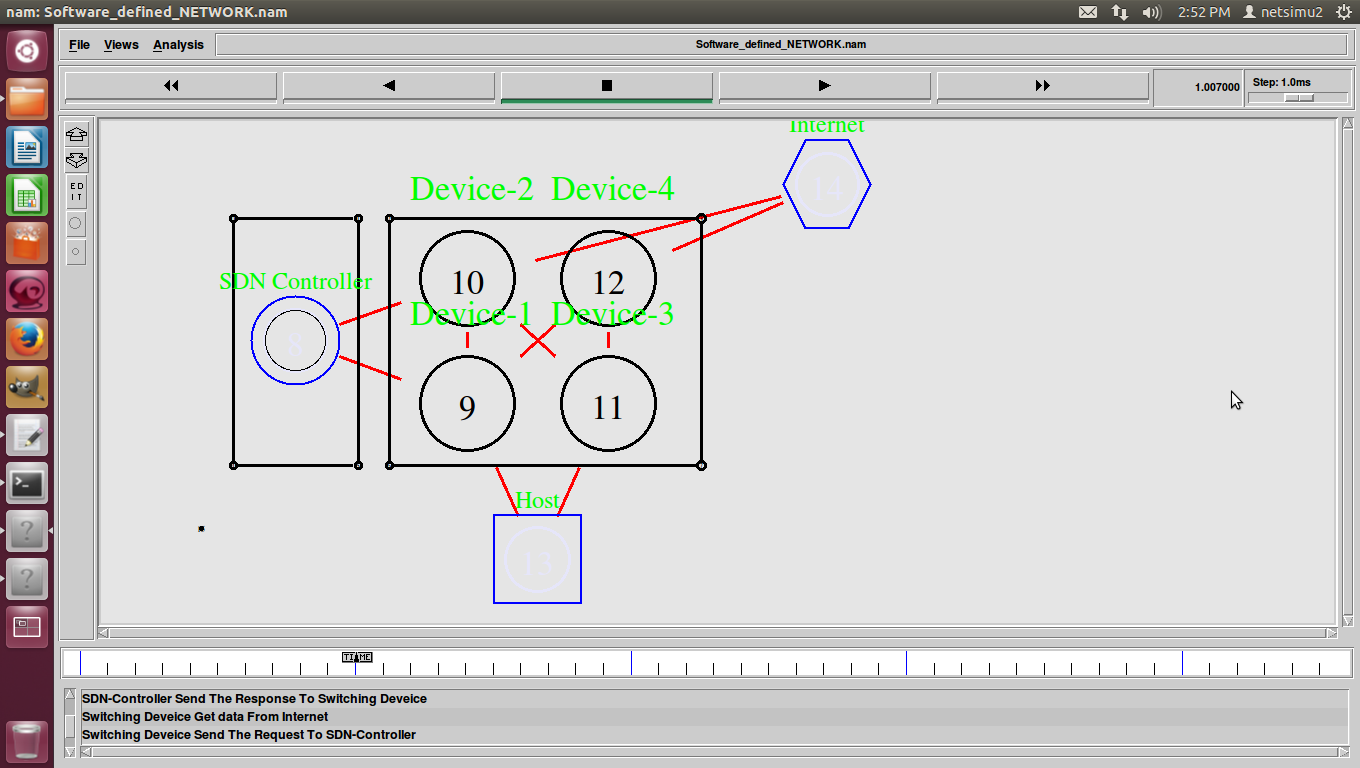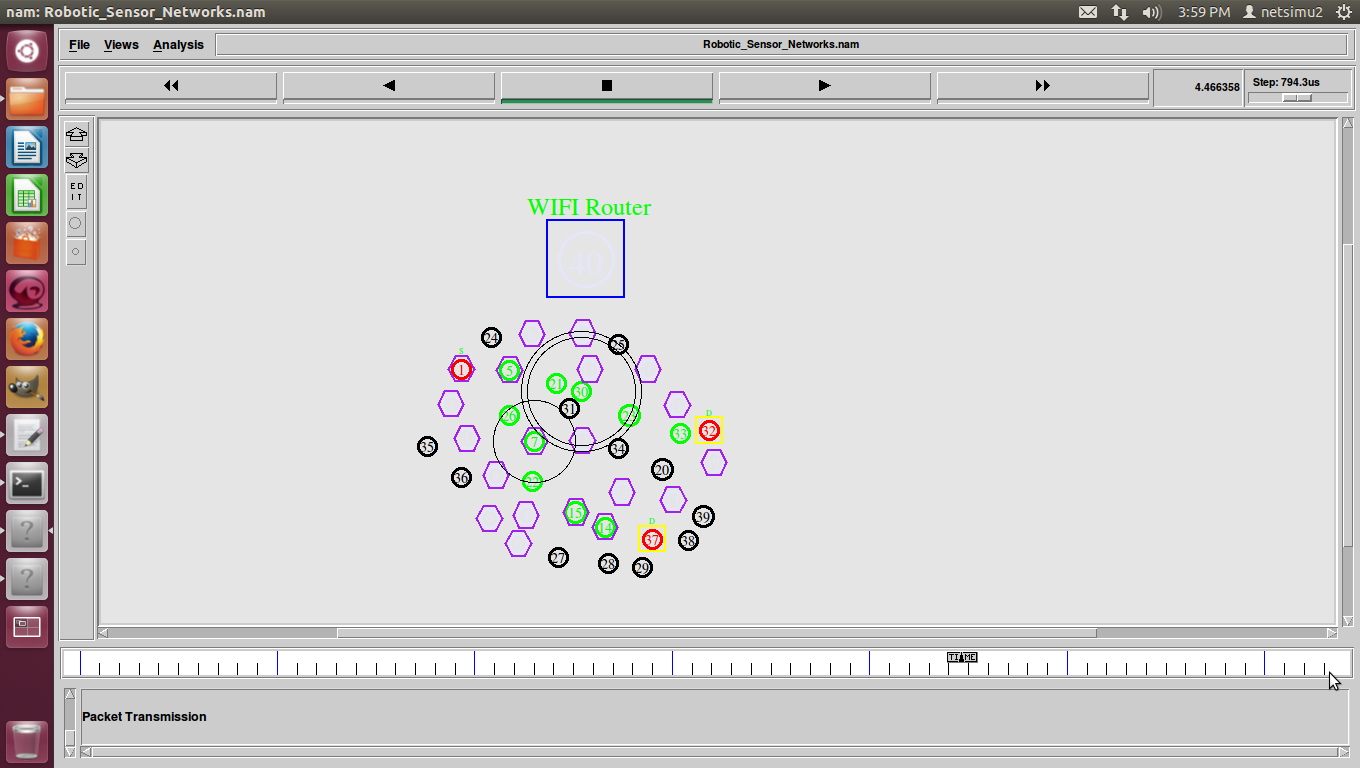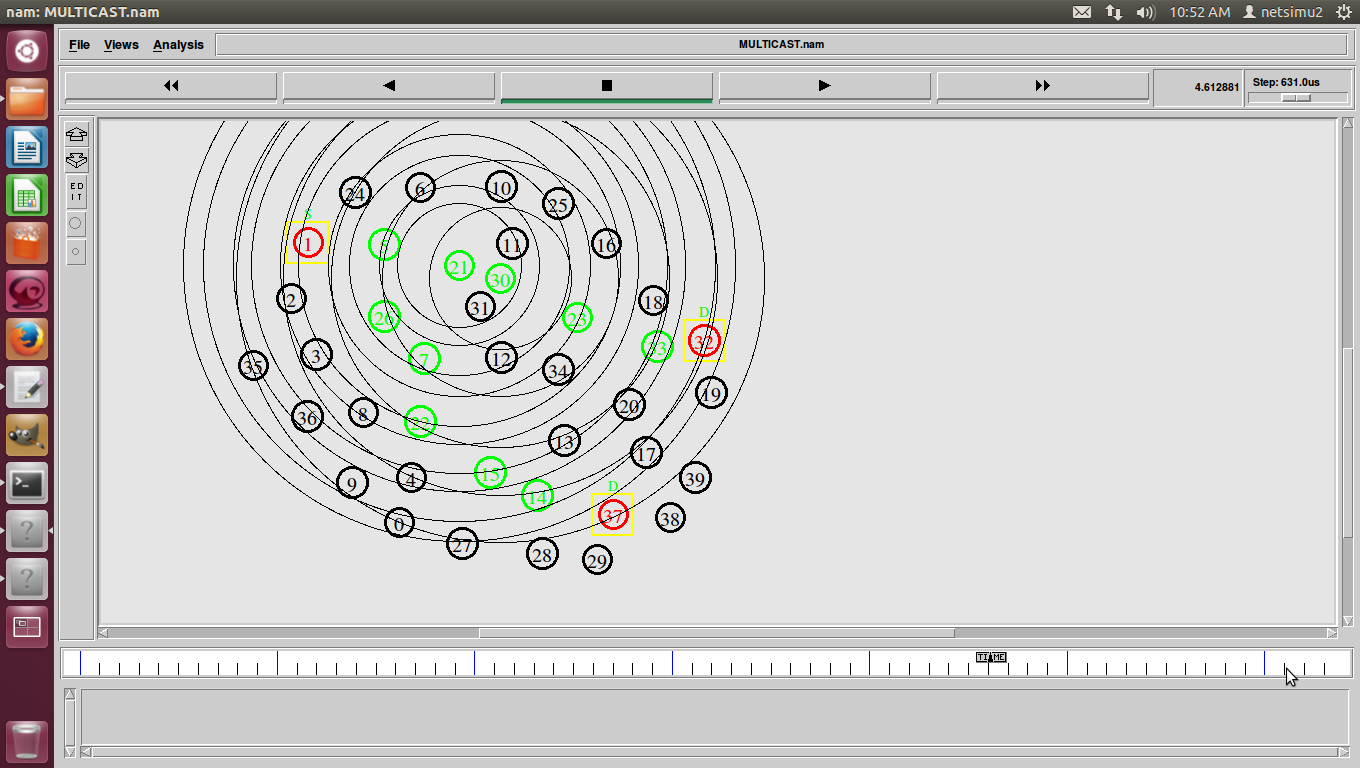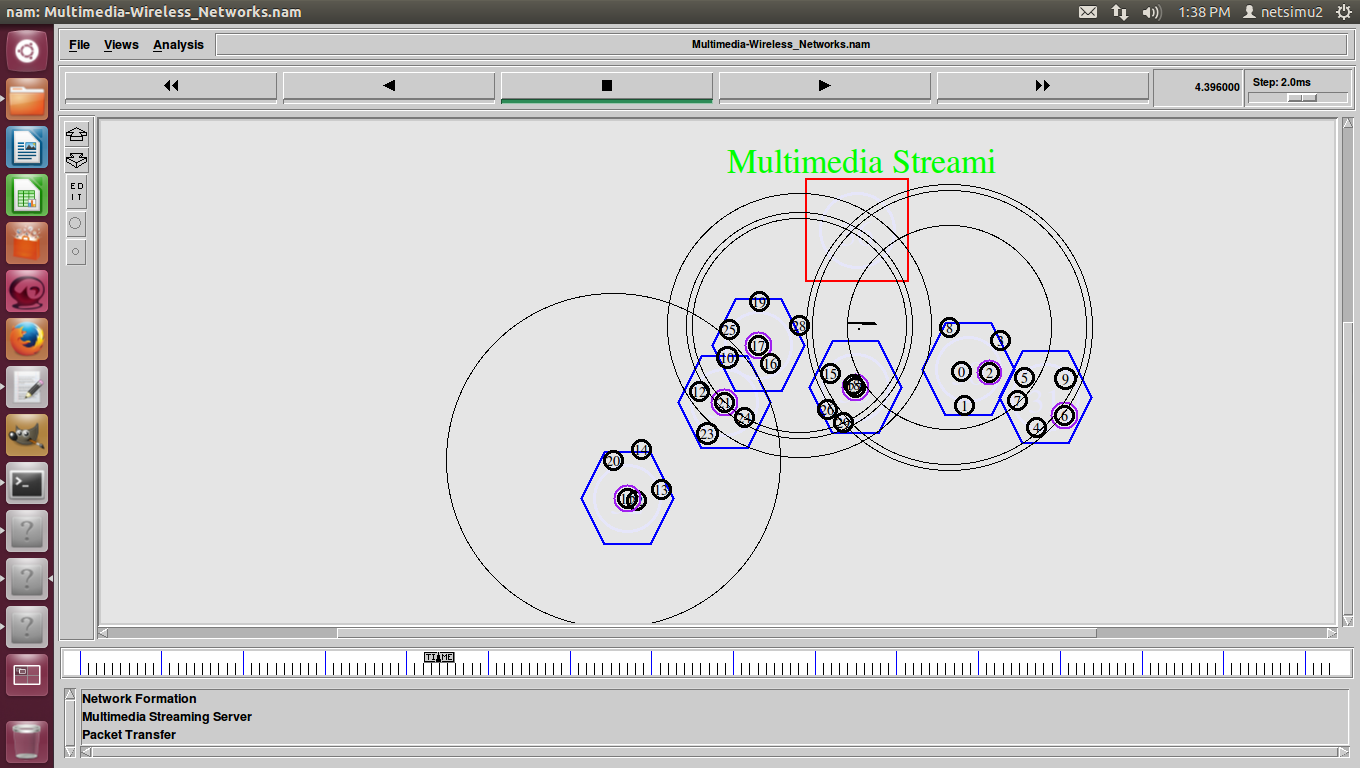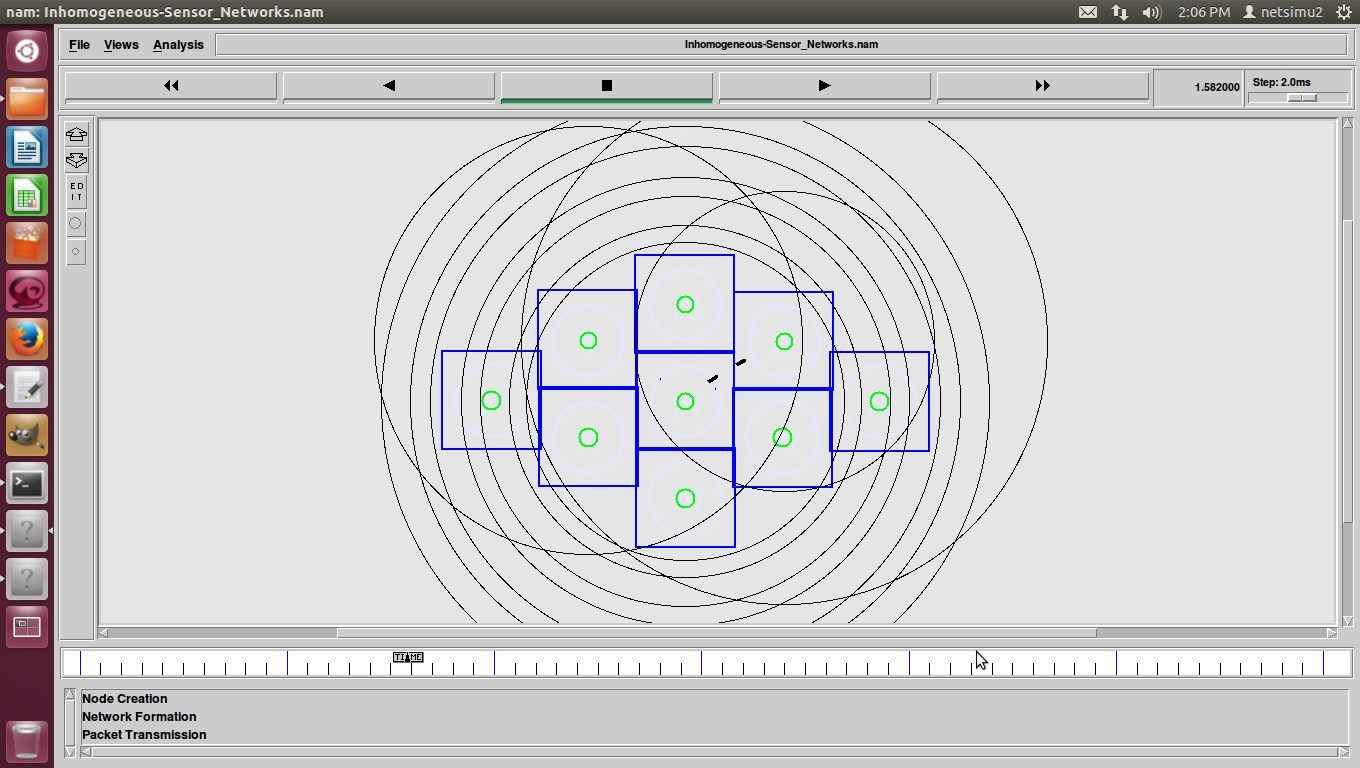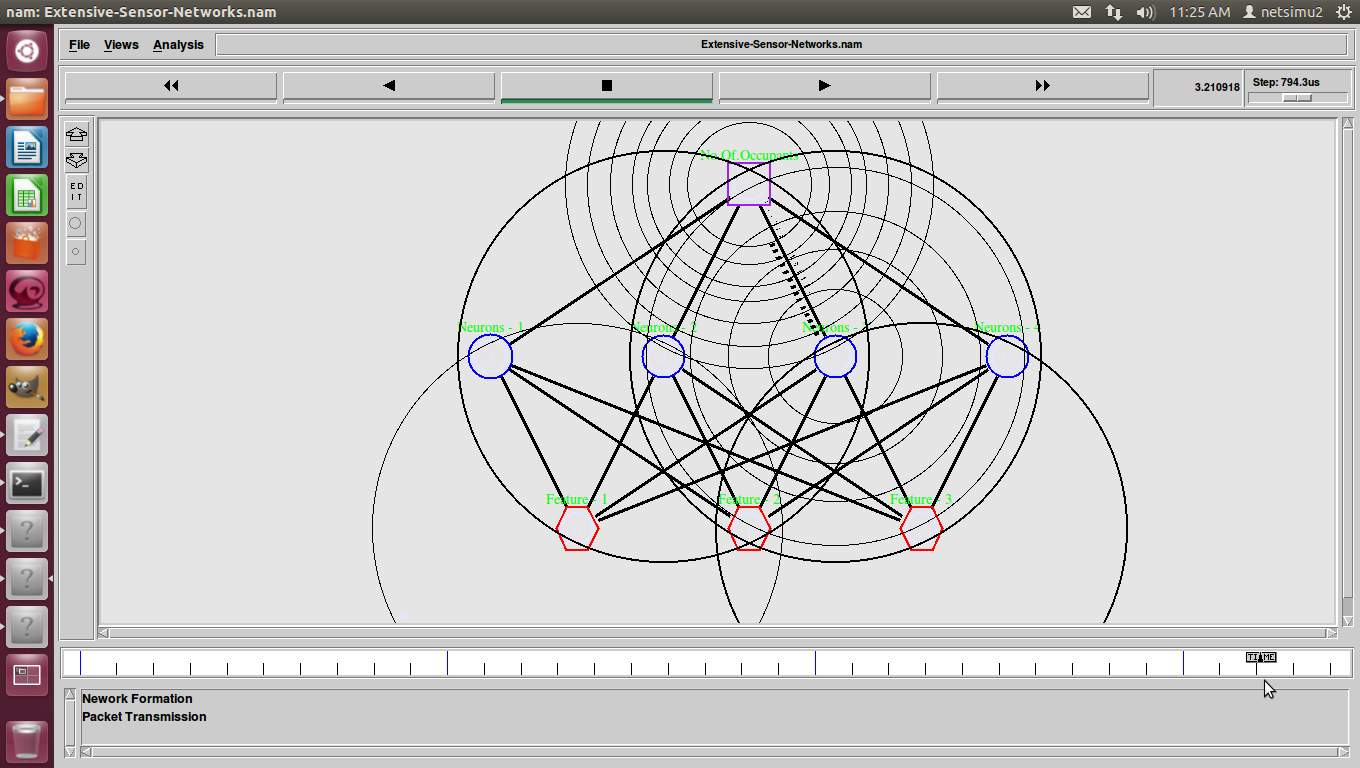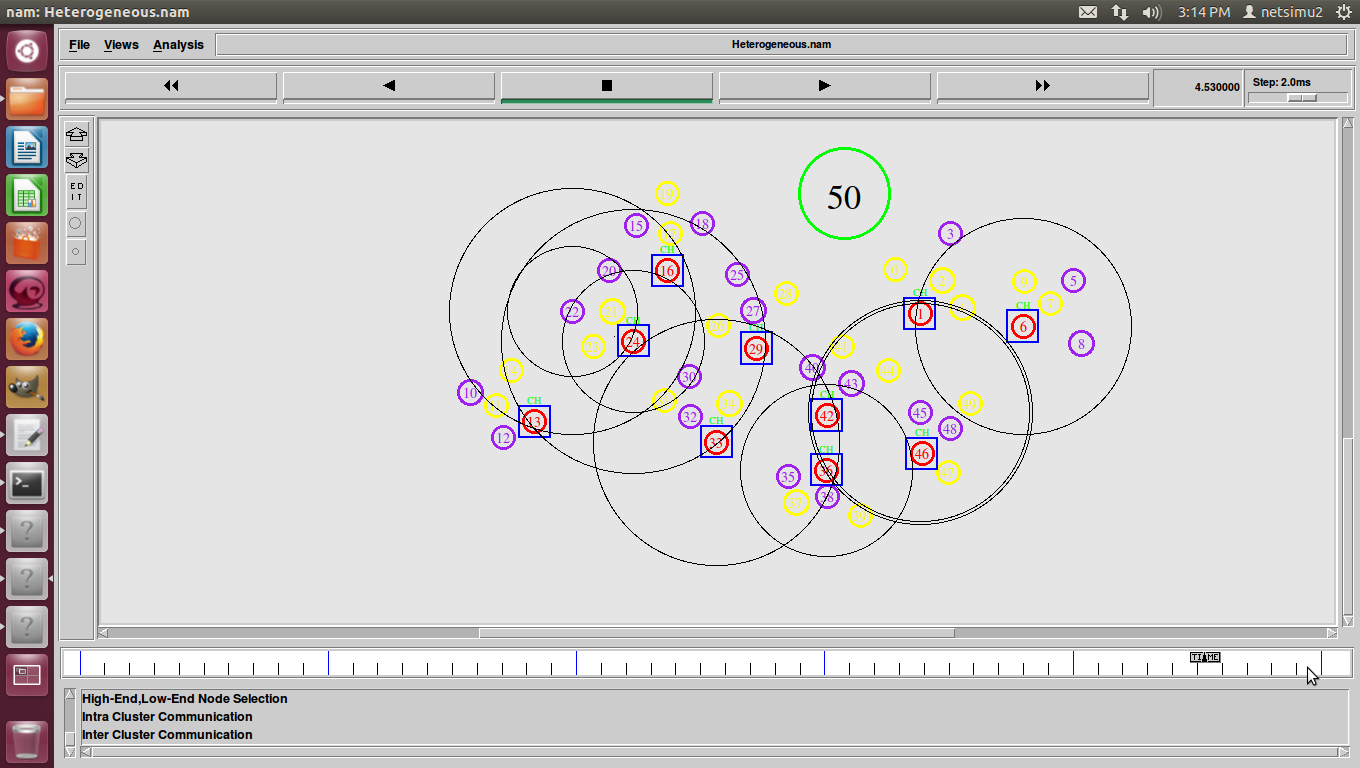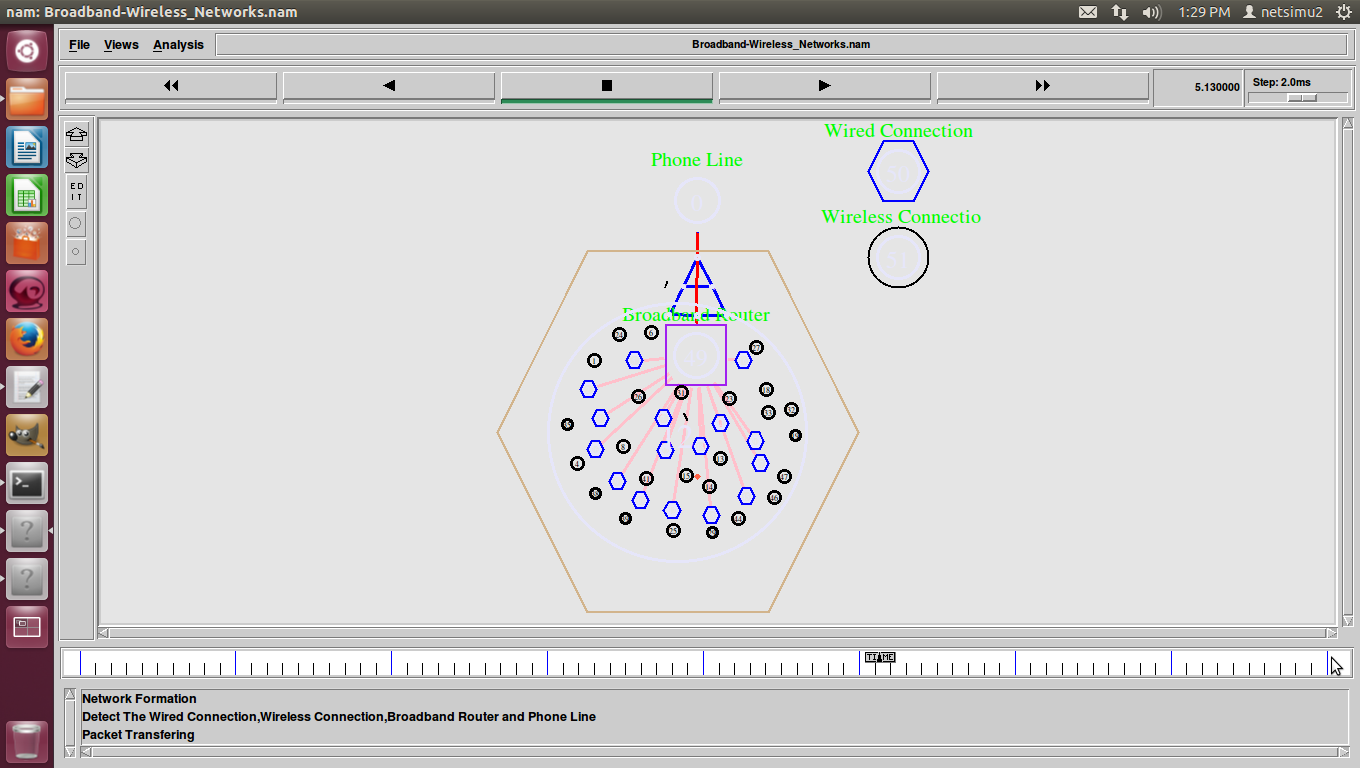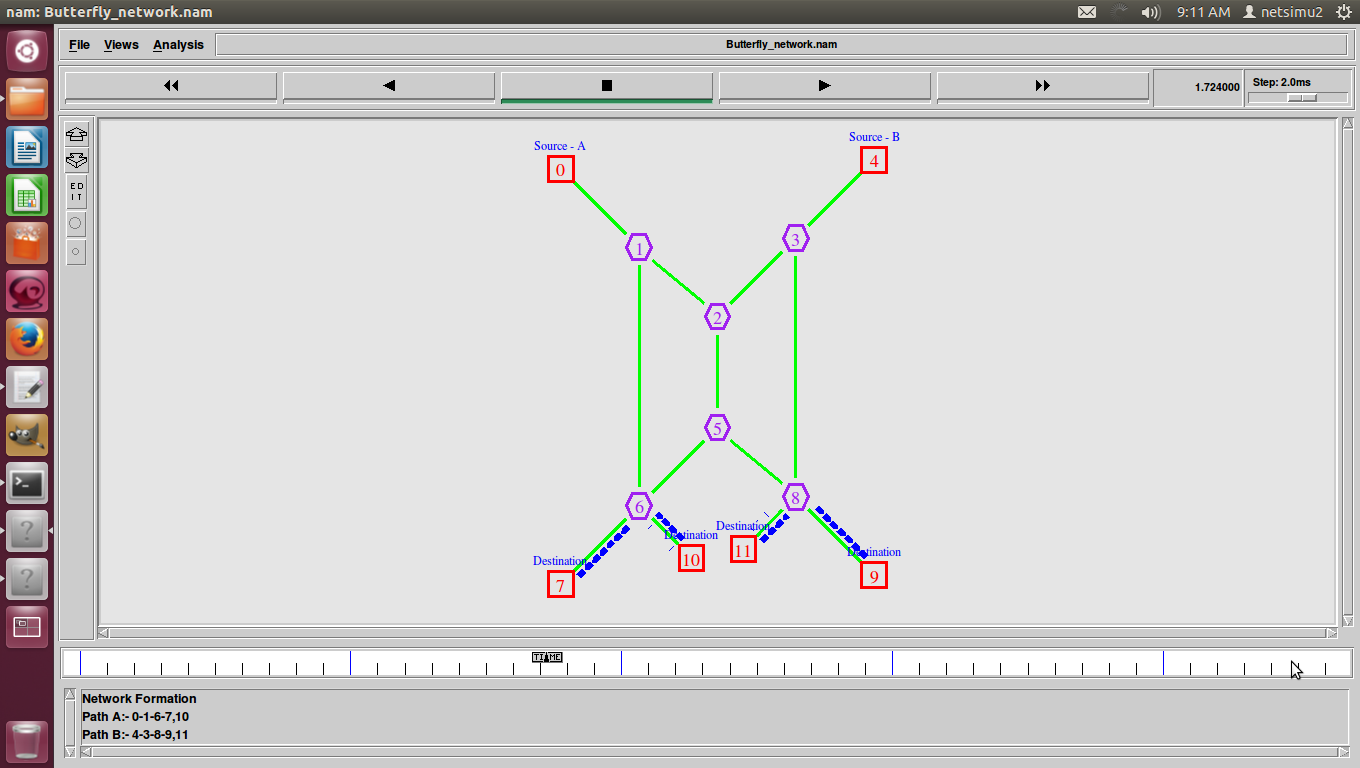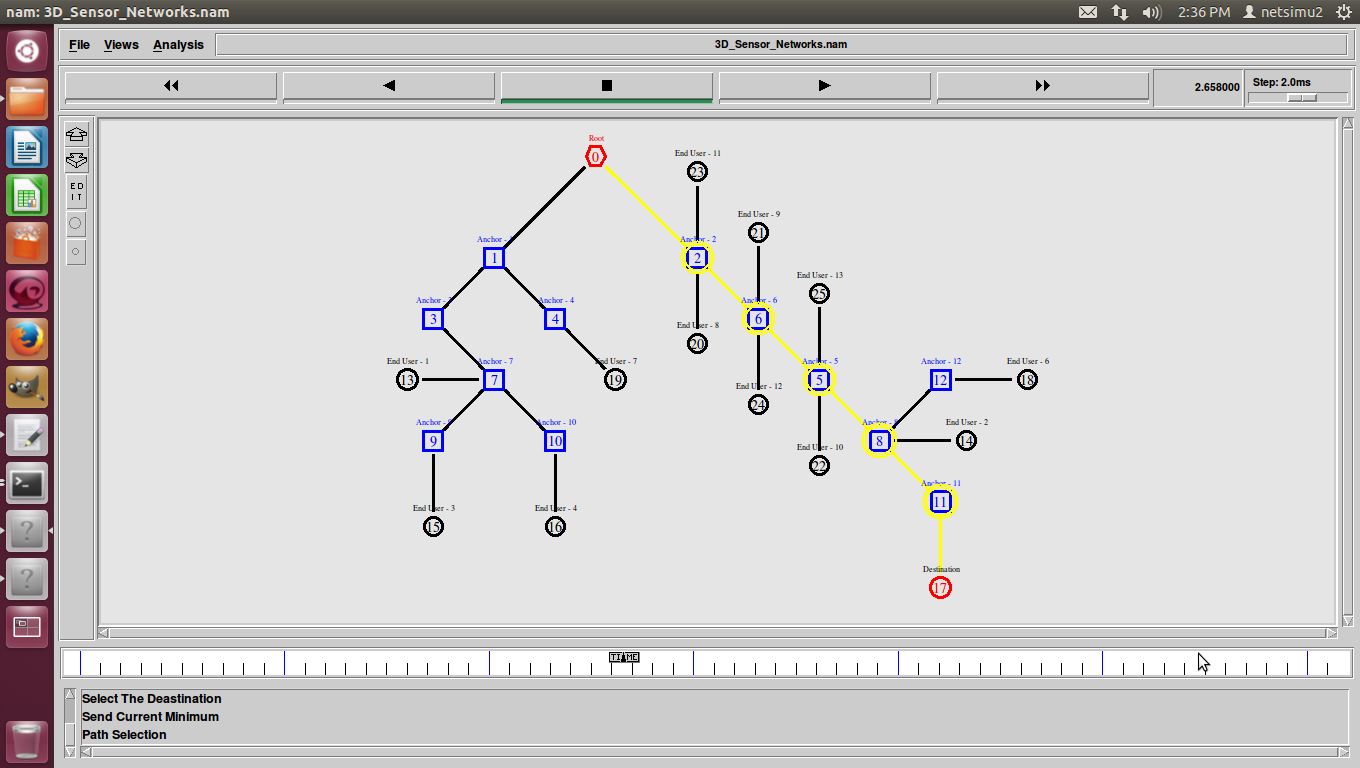Cyber security education as a tool for trust-building in cross-border public protection and disaster relief operations
Public protection and disaster relief (PPDR) operations are increasingly more dependent on networks and data processing infrastructure. Incidents such as natural hazards and organized crime do not respect national boundaries. As a consequence, there is an increased need for European collaboration and information sharing related to public safety communications (PSC) and information exchange technologies and procedures – and trust is the keyword here. According to our studies, the topic “trust-building” could be seen as the most important issue with regard to multi-agency PPDR cooperation. Cyber security should be seen as a key enabler for the development and maintenance of trust in the digital world. It is important to complement the currently dominating “cyber security as a barrier” perspective by emphasizing the role of “cyber security as an enabler” of new business, interactions, and services – and recognizing that trust is a positive driver for growth.
Public safety infrastructure is becoming more dependent on unpredictable cyber risks. Everywhere, present computing means that PPDR agencies do not know when they are using dependable devices or services, and there are chain reactions of unpredictable risks. If cyber security risks are not made ready, PPDR agencies, like all organizations, will face severe disasters over time. Investing in systems that improve confidence and trust can significantly reduce costs and improve the speed of interaction. From this perspective, cybersecurity should be seen as a key enabler for the development and maintenance of trust in the digital world, and it has the following themes: security technology, situation awareness, security management and resiliency. Education is the main driver for complementing the currently dominating “cyber security as a barrier” perspective by emphasizing the role of “cyber security as an enabler”.






